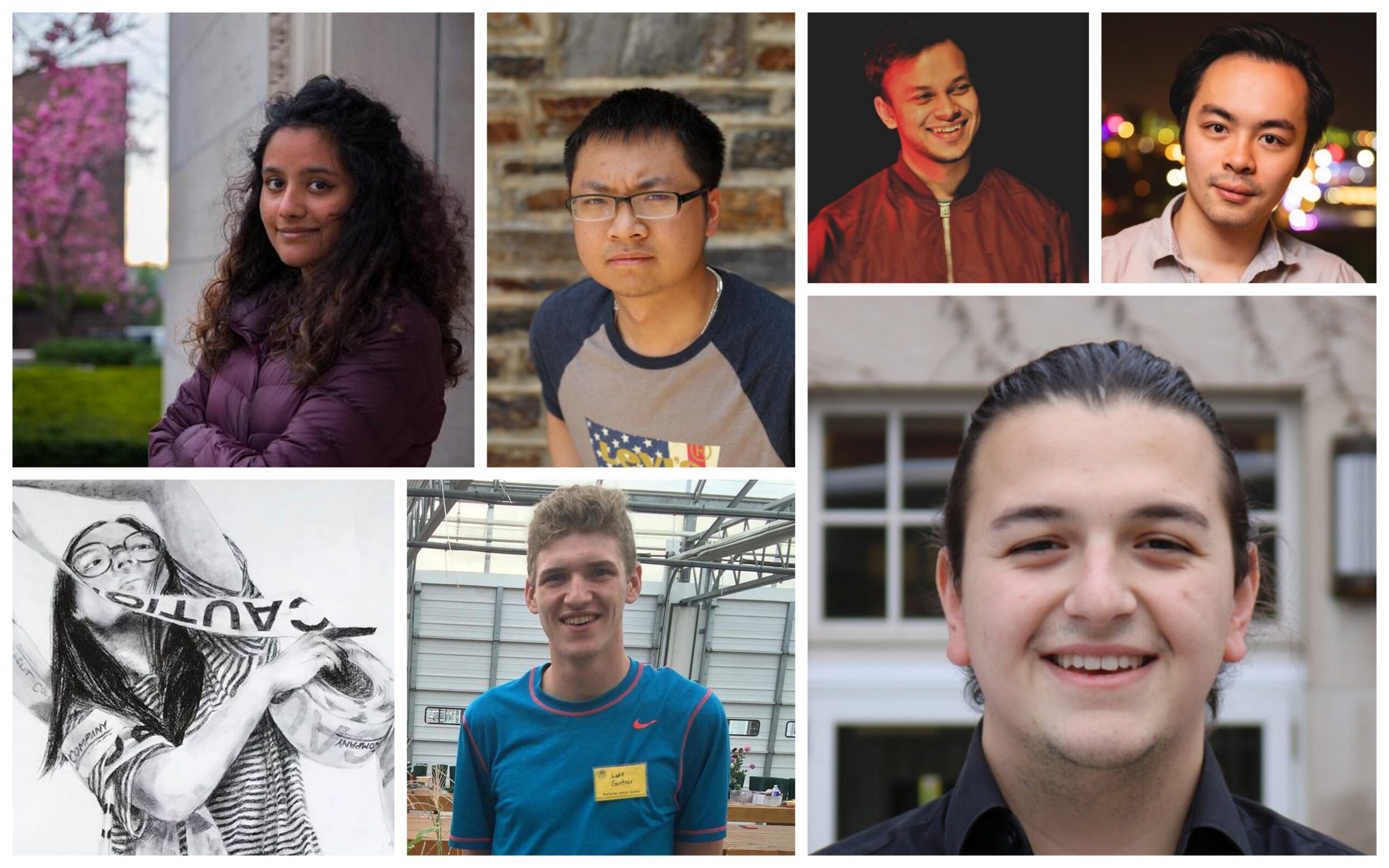Congrats to the class of 2020!
Shoutout to all the members of the ROC HCI family who graduated in 2020. We are very proud of your achievements and your growth as an individual over the years!
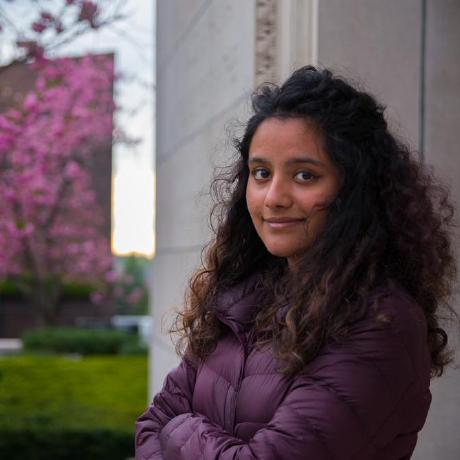
Shagun Bose (outstanding senior award): Shagun has been involved in the ROC HCI lab since 2017. She always had a very unique perspective to offer in our group meetings. One of her nominators for the outstanding URCS senior award wrote:
“Shagun questioned the status quo of Computer Science and established that STEM can also be art. She deblurred the boundary and definition between art and engineering and argued that a person who does sculpture is as much of an engineer as someone who works with robots.
Shagun is a rare gift to our research lab who boosted our mission of combining humanities and social sciences with technology. Having her be recognized will inspire many underrepresented students like herself to invent unique paths to navigate our program and discover their true strengths.”
Shagun is off to working for Intuit as a software engineer.
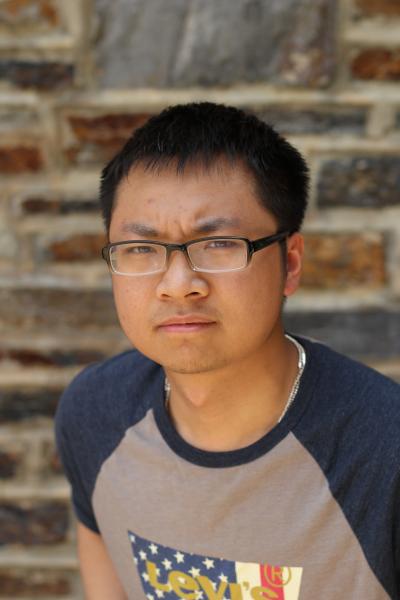
Minh Tran (Phi Beta Kappa honor society, URCS 2020 outstanding undergraduate researcher award): Minh has been actively involved in our research lab from freshman to senior year. As expected, 90% of the research that Minh took on at the lab did not pan out. However, it came with an important lesson that hard work is often necessary to succeed. Minh organized and enlisted the help of several graduate students, as well as mentored a more junior student. One of his nominators for the outstanding undergraduate researcher award wrote the following,
“I still have vivid memories of Minh entering in my office as a brand-new freshman in 2016. As I was his academic advisor, he immediately inquired about research opportunities. When I invited him to attend our weekly group meetings, he enthusiastically agreed. Over the last three and half years, Minh has gathered an impressive set of technical skills while dabbling with a diverse set of problems, including detecting laughter from audio recordings, analysis of 1 million faces, and independently pursuing a project on eye-gaze. Minh is a self-learner, resilient against setbacks, and knows how to push research forward. While maintaining a GPA of 3.96 in Computer Science, pursuing NSF REU at Duke University, Minh has published a full paper at the IEEE Face and Gesture (FG) Recognition conference. More impressively, he is the first author of a journal paper appearing at the IEEE Transactions on Affective Computing (impact factor of 6.2).”
Minh is off to University of Southern California to pursue a Ph.D. in Computer Science.

Jianyuan Zhong (CRA outstanding undergraduate researcher award — honorable mention, URCS 2020 outstanding undergraduate researcher award): Jianyuan is graduating with a unique achievement. Along with being productive at the lab, Jianyaun has published a paper at ICASSP with Yoshua Bengio (one of the Turing Award winners in 2019). One of his nominators for the outstanding undergraduate researcher award wrote:
“We need more technical students like Jianyuan to participate in human-centric computing research and tackle difficult societal problems. A recognition such as outstanding undergraduate researcher award will motivate him and students like him to think creatively about applying AI to improve human ability.”
Jianyuan is off to MILA — Quebec AI institute to pursue a graduate degree.
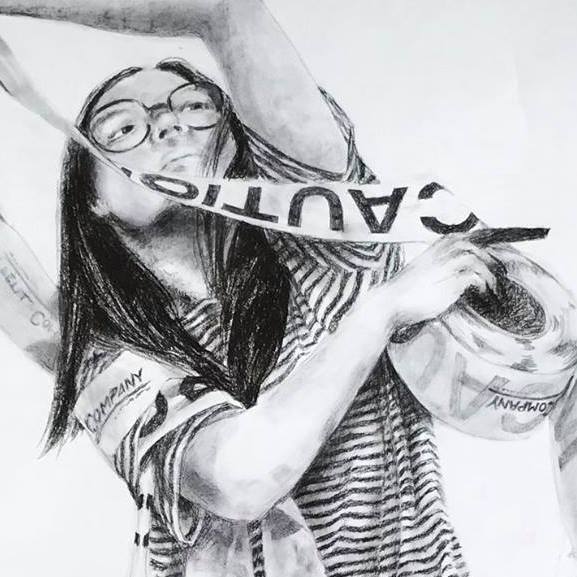
Melissa Wen (Wells Award, Phi Beta Kappa Honor Society, NSF GRFP — honorable mention): A double major in BCS and CS, Melissa’s ability to learn computational techniques on the fly, allowed her to be independent and pursue original ideas. She collaborated to co-author a paper in FG that is appearing in 2020.
One of her nominators for Phi Beta Kappa honor society wrote the following,
“As a researcher in the lab, Melissa needed to provide regular presentations of her work to the research team as well as interact with several other students. From these activities, it is clear that Melissa is an effective communicator and is able to rapidly assimilate team expertise into her own work. To prepare for the MIT IEEE Conference, Melissa had to create a poster. The group gave her a lot of constructive feedback. She wasn’t discouraged. She continued to fine-tune the poster and sought feedback until the point everyone in the group was enthusiastic about it. The characteristic of having a thick skin for constructive feedback, making a constant effort to improve the work, and continuing to solicit feedback is a hallmark of Melissa.”
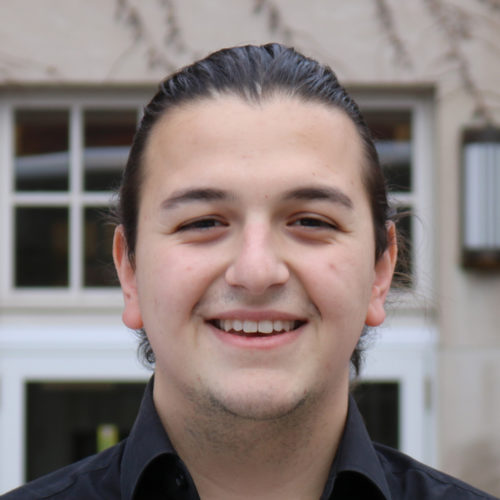
Tolga Aktas: An E5 scholar, Tolga just won the second place at the Charles and Janet Forbes Entrepreneurial Competition along with business major Enyxa Poventud ’21; and computer science and math double major Jianyuan Zhong ’20, for developing a virtual personal trainer that offers real-time fitness baseline tracking and realistic incremental recommendations to increase workout satisfaction.
Tolga occasionally attended the group meetings over the years. Whenever he attended, he always made his presence felt with his ideas and wisdom (i.e., a timely quote from Rumi). 🙂
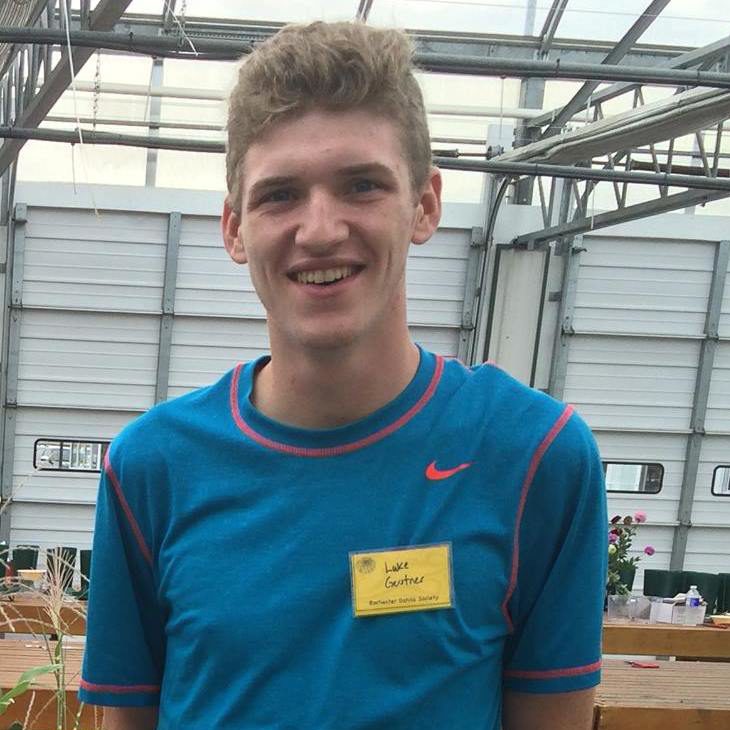
Luke Gerstner: As a McNair Fellow and a first-generation college student, Luke started working in the lab since 2018. Along with gladly helping others, he won the 3rd place at the MIT Sloan Sports Analytics Conference. He is also a co-author of multiple research papers at FG and ACII (and working on a journal paper now). One of his letter writers wrote the following,
“In addition to Luke’s technical ability and research experience, an additional quality of his that I particularly want to highlight is his altruistic teamwork and ability to work on multiple projects. In addition to the above-stated research work, Luke has also helped on several other research projects, getting along with, and amplifying the productivity of my laboratory as a whole. I further can depend on Luke to independently reach out to supercomputing staff and other professors to help our research work progress. Luke also has a rare gift among individuals who excel technically in that he is a great communicator. He has given numerous research group presentations over the past year, efficiently updating progress, problems, and potential solutions.”
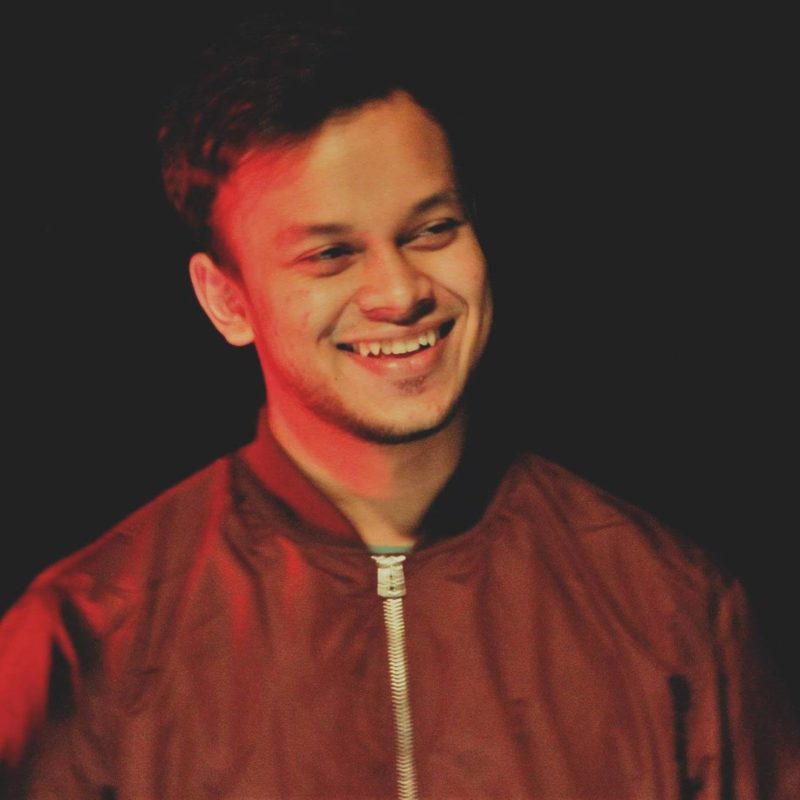
Gazi Naven: Naven has been working in the lab since 2018, initially as a xerox fellow. He graduated in 2019 with his undergrad and stayed on an MS student. One of the core contributions is the GAHL model which has been through multiple rounds of rejections and iterations. Naven stayed on top of it and worked on it for a few years until it got published this year. Naven took on the exciting debate project during his MS and currently working on writing it up. Hardwork and persistence are the two traits that can appropriately describe Naven’s time at the lab.
We all are very proud of your achievements and your growth as an individual over the years!

